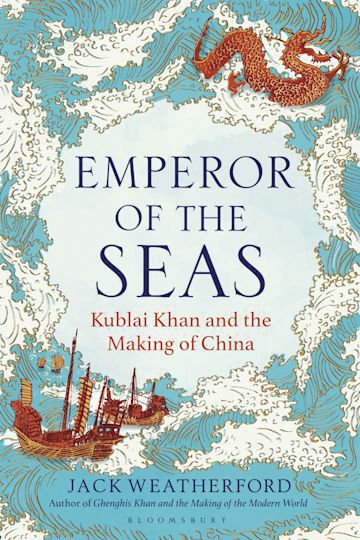 By Christopher Miskimon
By Christopher Miskimon
The Mongols were always a dangerous force on land, with massive armies of horsemen employing great mobility to defeat their foes. Genghis Khan created the Mongol Empire, but his grandson Kublai solidified it into a formidable nation, unified and economically vibrant. Kublai defeated the Song Empire and went on to control the most powerful navy in the world, far beyond anything Europe would see for centuries. This navy enabled the Mongols to move not only troops, but goods and foodstuffs quickly over vast distances, beginning a trade empire as well. Unlike his predecessors, Kublai realized control of the seas gave you control of the land as well.
This new work by an expert on the Mongols reveals how Kublai made his empire a naval power. The author explains how the Mongols came to understand the value of waterways and seas as a military tool. Since navies are expensive and resource-intensive, the reader also learns how the Mongols organized their economy to afford such a powerful fleet. In-depth studies on the Mongols are less common in the Western world; this book is a welcome addition to that growing body of knowledge.
Emperor of the Seas: Kub-lai Khan and the Making of China (Jack Weatherford, Bloomsbury Publishing, New York NY, 2024 369 pp., notes, bibliography, index, $35 HC)


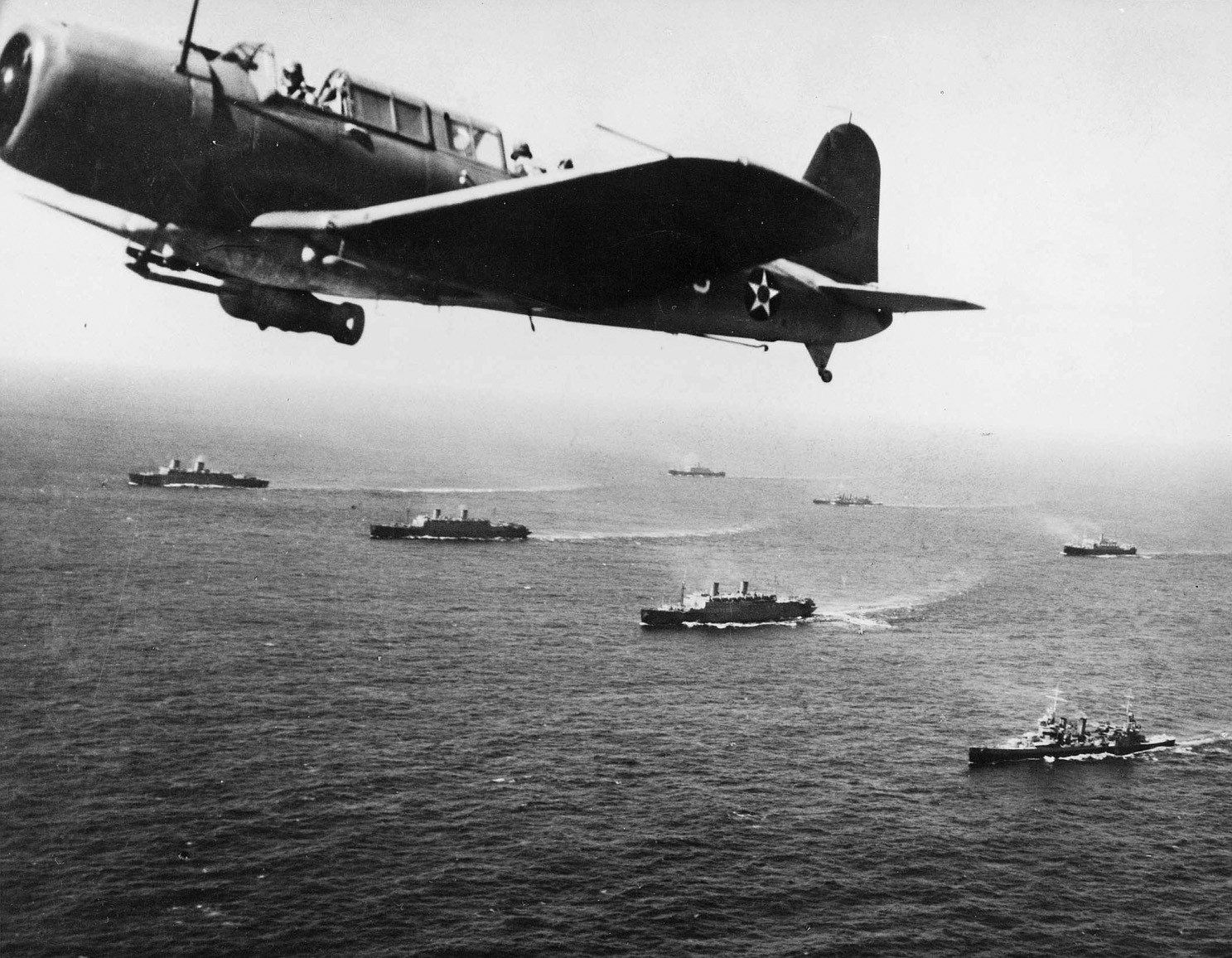
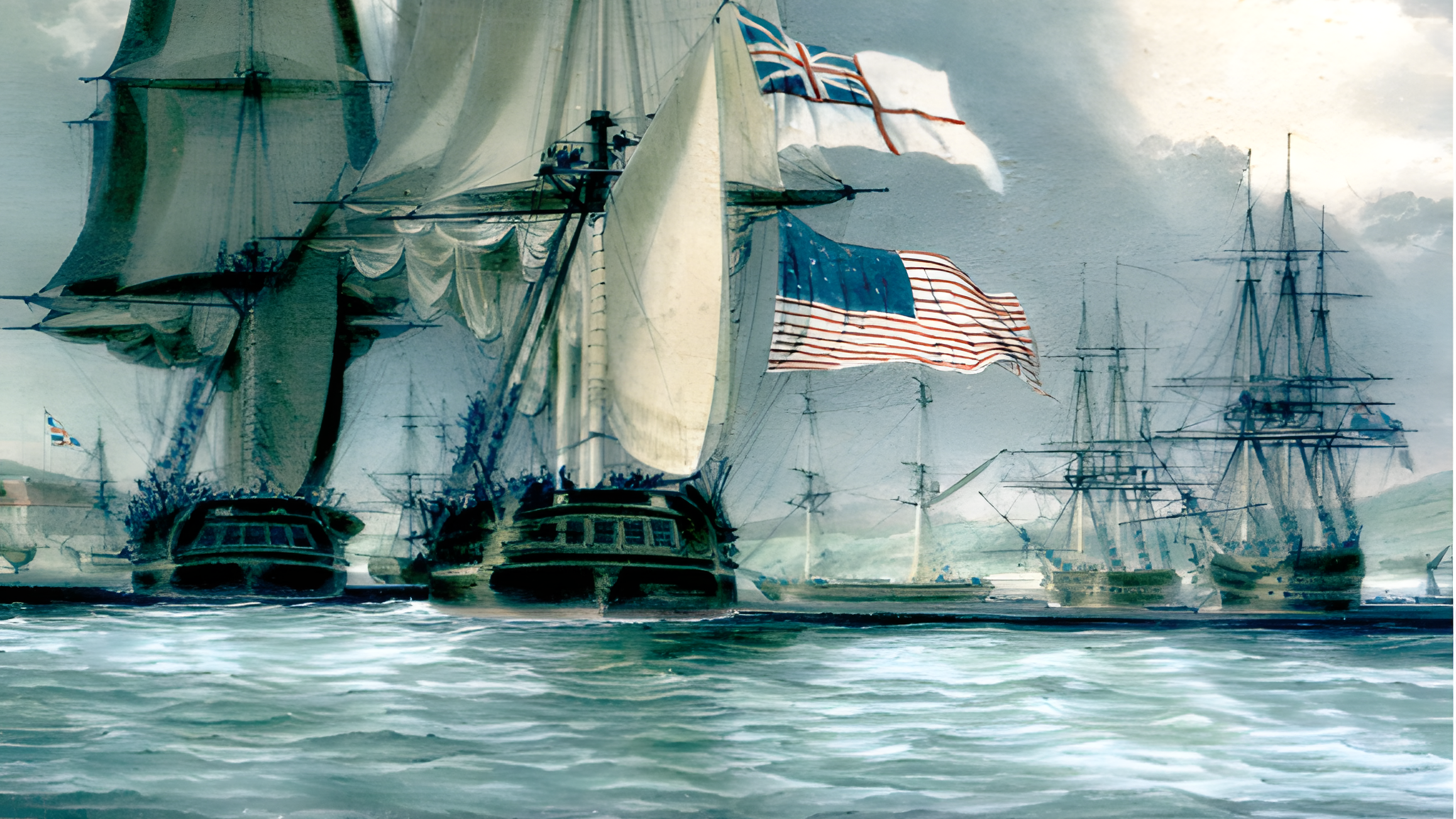
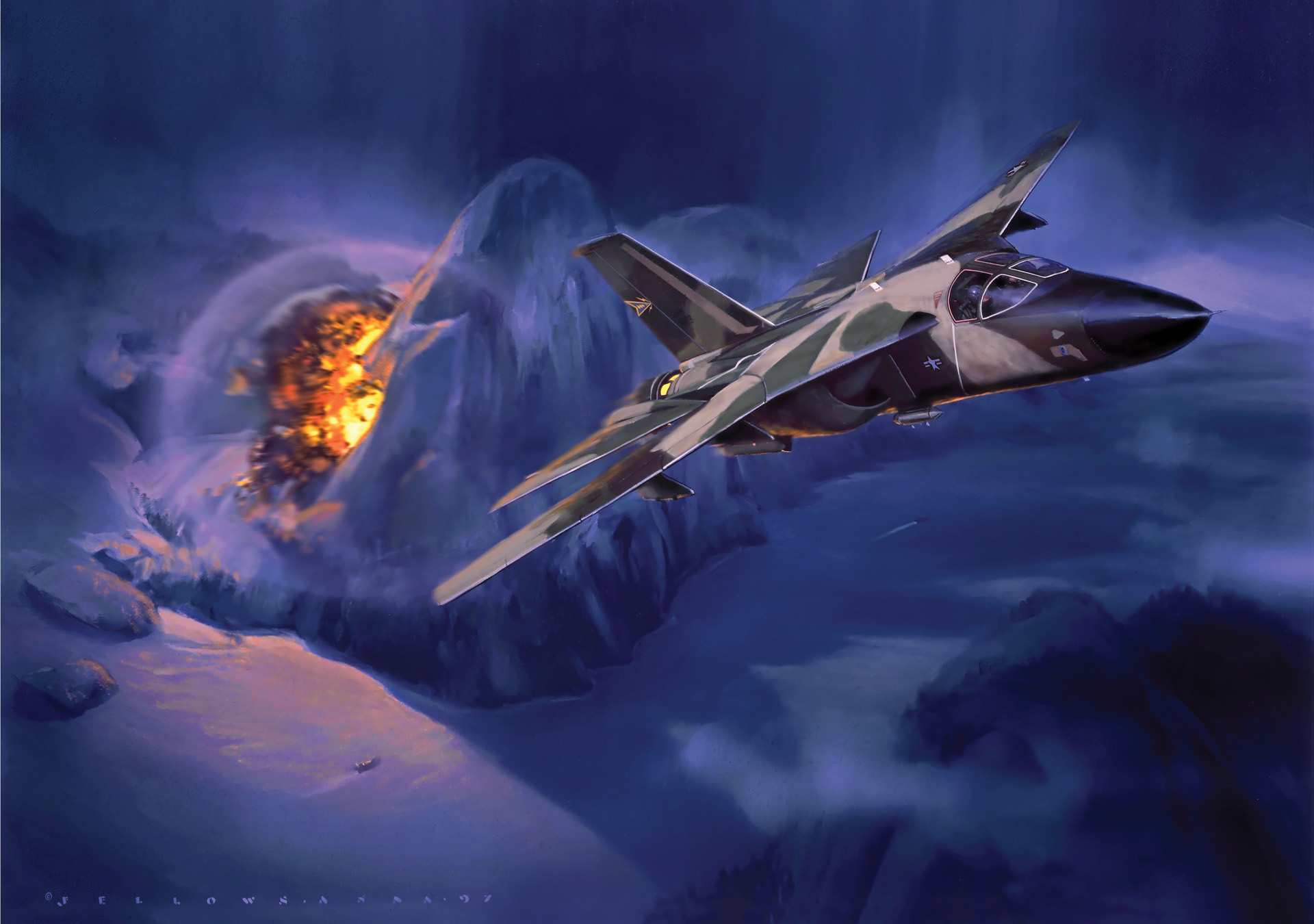
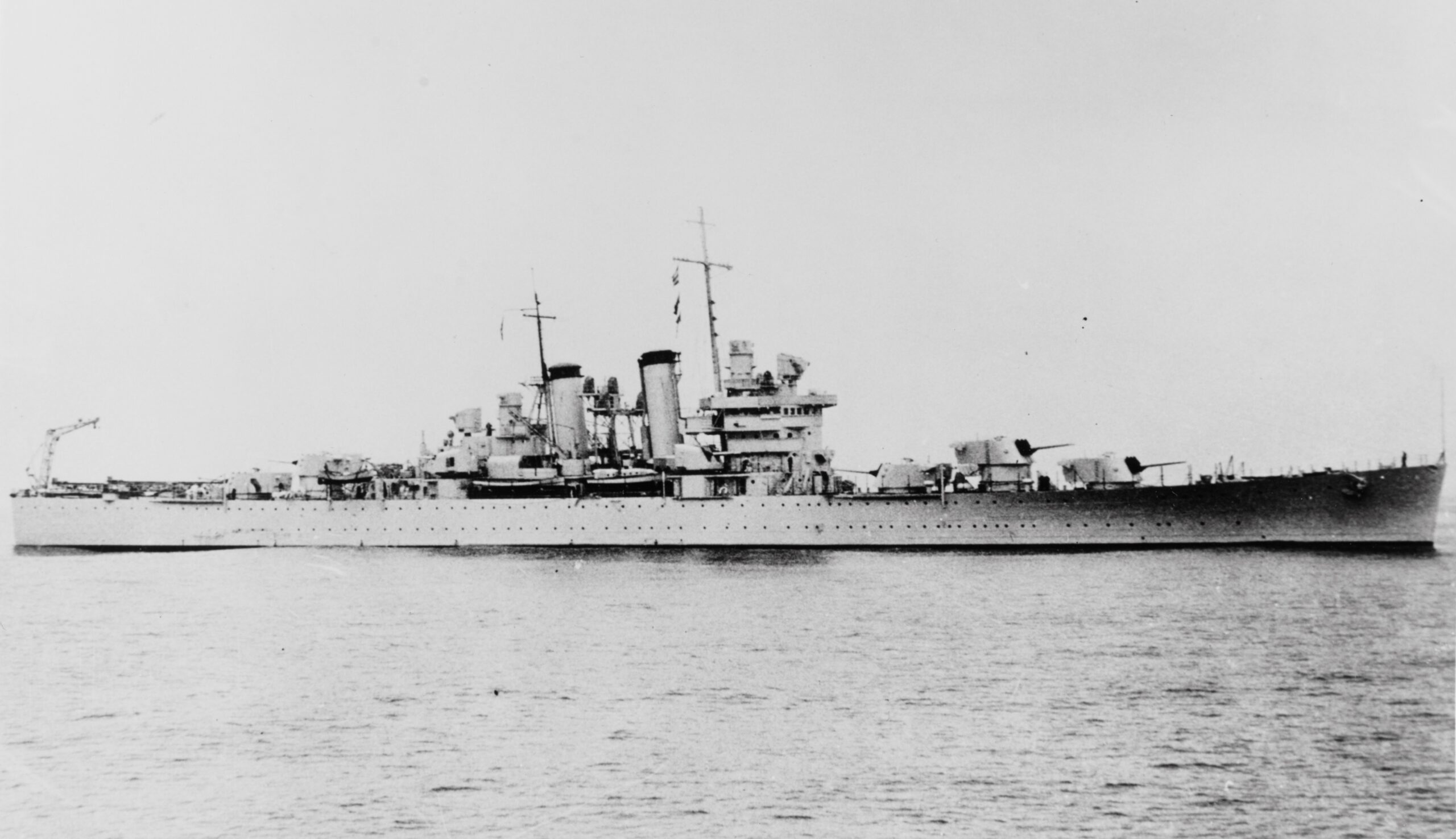
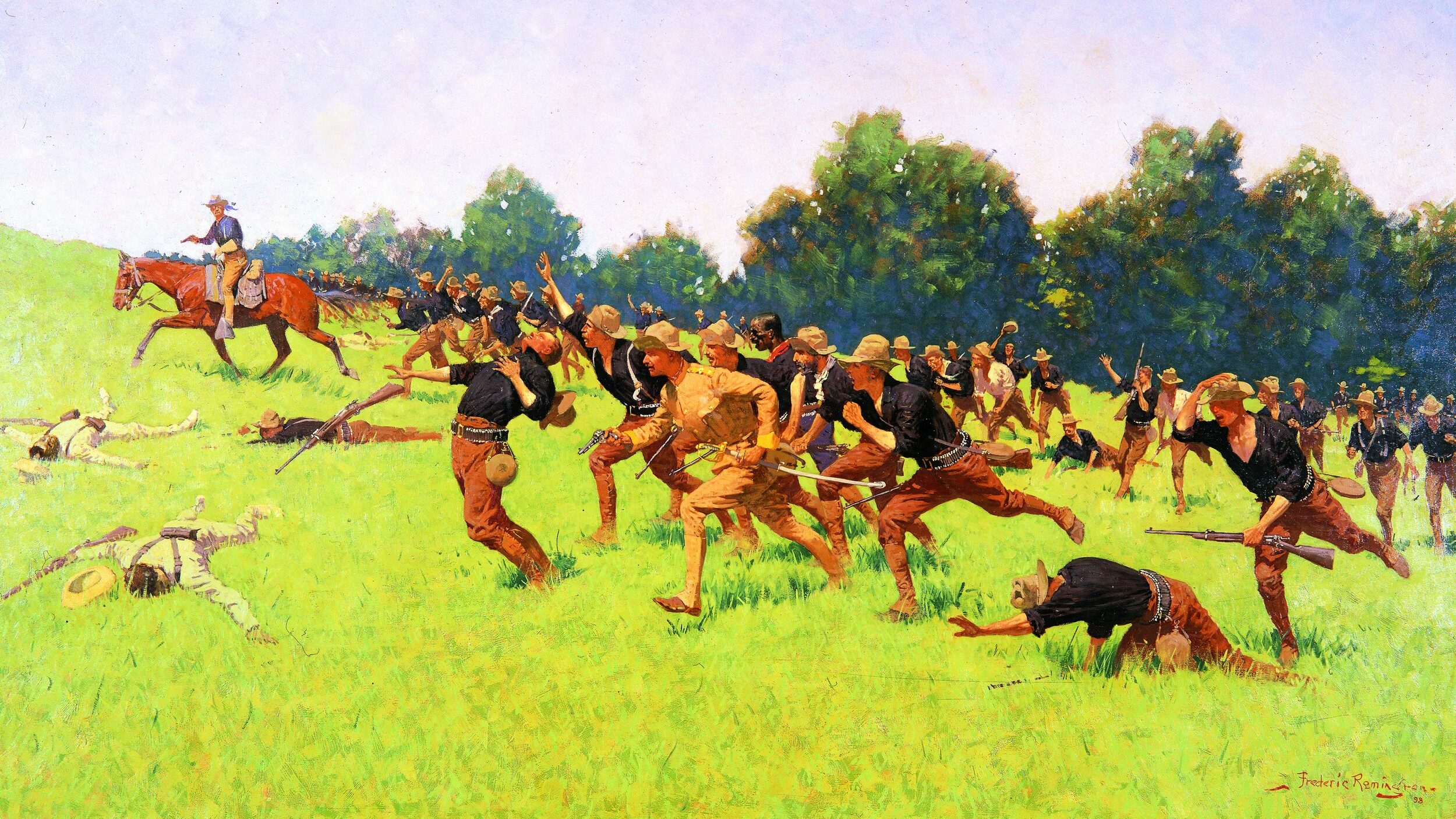
Join The Conversation
Comments
View All Comments